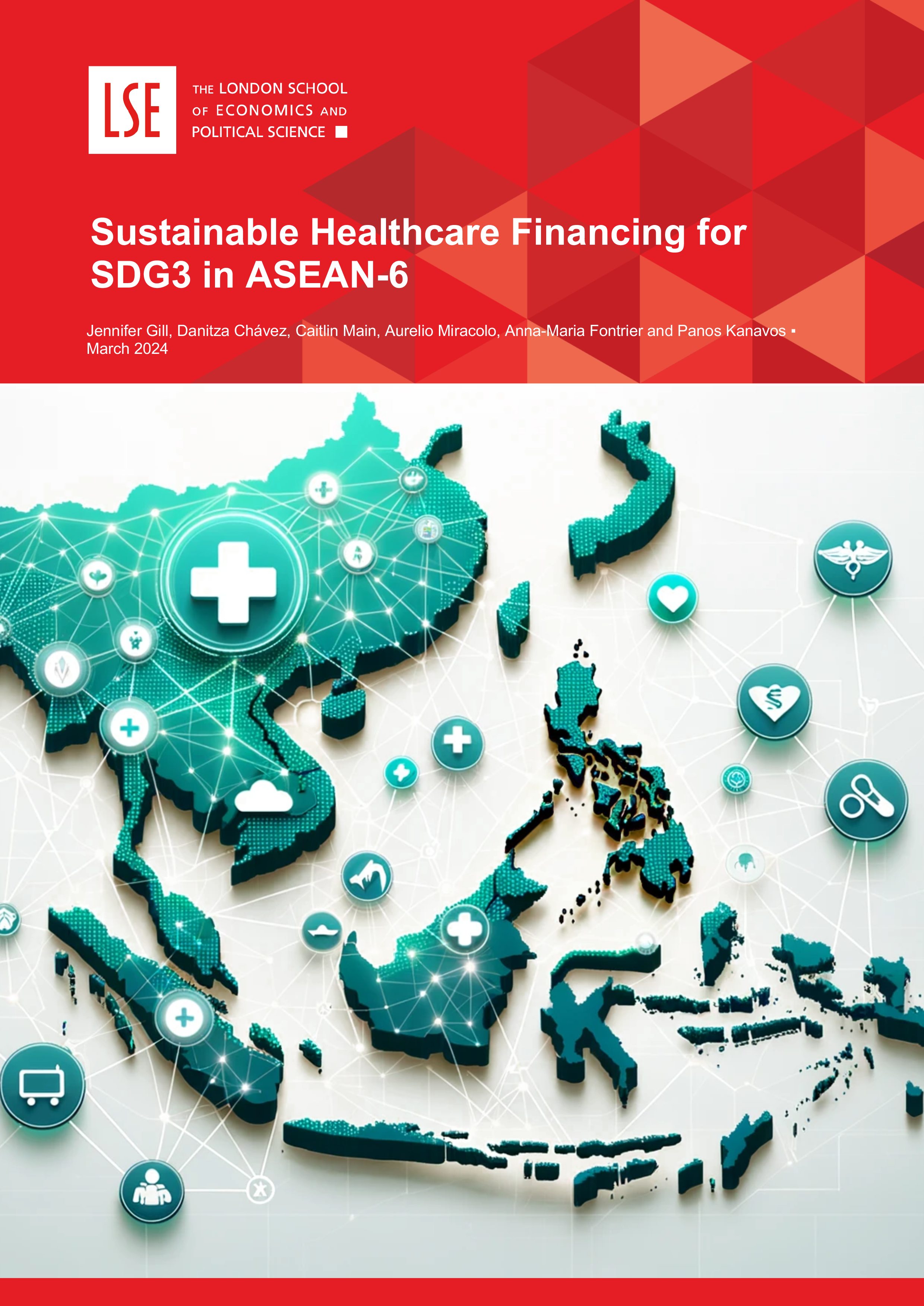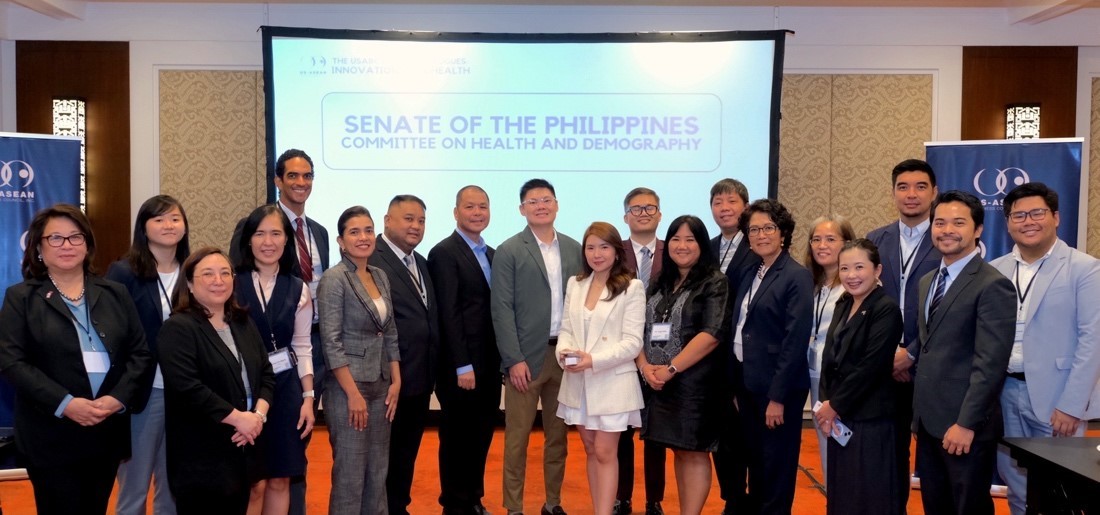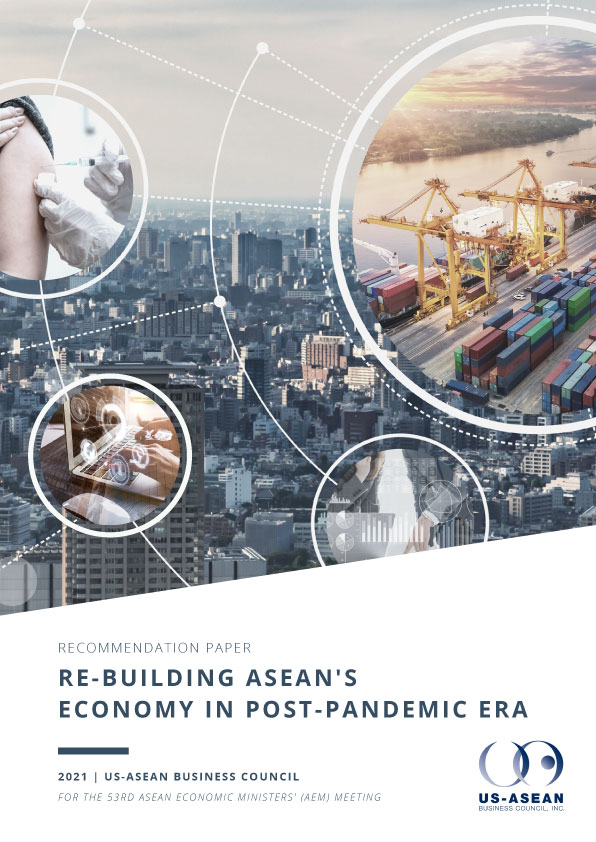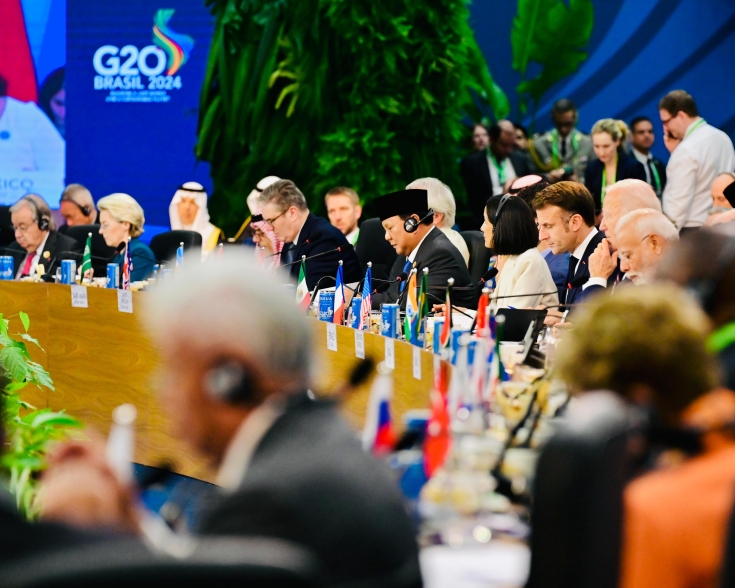Indonesia Analytical Update: Omnibus Health Law

Indonesia’s House of Representatives (DPR RI) passed the Omnibus Health Bill on July 11, 2023. The Law supplants 11 public health laws and will be signed by President Joko Widodo within 30 days after being passed by DPR RI. This analytical update is curated based on the latest draft that the Council received on July 11, 2023 (download here).
| KEY HIGHLIGHTS | |
Through the Omnibus Health Law, the government aims to enhance access to higher quality and affordable healthcare, reduce red tape for foreign health workers, and streamline licensing for patented drugs.
Providers of healthcare information system can manage and process their data within or outside Indonesia, as long as it complies with existing regulations.
The Law permits offshore transfer and use of biomedical and genomic data with government approval.
The Law presents partnerships with local and foreign businesses and provides more certainty for patent rights holders.
The Law shifts the focus of Indonesia’s healthcare system from treatment and medication to disease prevention.
The Law allows the participation of private insurance companies in the national health insurance program (Jaminan Kesehatan. Nasional/JKN) as per individual requests.
Two out of five inputs from US-ABC members are reflected in the Law:
Product categorization issue: tobacco products and alcoholic beverages are no longer listed in the same category as narcotics and psychotropics.
Health technology and information system: Omnibus Health Law promotes the use of technology and integrated national health information systems.
Members’ concerns about halal requirements and medical supply pricing are not reflected in the Law. The government will still regulate pricing, while pharmaceuticals, medical devices, household health supplies, and food and beverage products must meet halal regulations.
| ANALYSIS | |
Healthcare Focus: Shifted from Treatment to Prevention
The objective of the Omnibus Health Law is to transform Indonesia’s healthcare system by improving healthcare infrastructures, technology, and human resources so as to increase access to equitable, quality, and affordable health services.
The main concept of the Law is a shift of focus towards disease prevention rather than medication and/or treatment, as noted in Articles 30 – 32 of the Law. Primary healthcare services for screening and surveillance will be prioritized, and the government will set out an integrated network for primary healthcare services and public laboratories nationwide.
Healthcare Workers: Employment of Foreign Healthcare Professionals
The Law centralizes governance and simplifies the process for general physicians to become specialists. Instead of medical associations, the government will now issue medical certificates and promotes hospital-based specialist education programs.
Foreign doctors will be allowed to practice in the country upon completing a competence evaluation, following an adaptation process, and acquiring a license from the Health Minister. Exemptions can be granted to foreign specialists who have practiced overseas for at least five years and/or are widely considered experts.
Healthcare Supplies: Pharmaceuticals and Medical Devices
The Omnibus Health Law removed the article that prioritizes domestic health products under the Articles on Procurement. However, Article 326 and 327 still stipulate the prioritization of domestic raw materials and products as a part of the government’s strategy to increase upstream to downstream manufacturing capacities.
Moreover, Article 318 emphasizes that central government will regulate and control the pricing of medicines and medical equipment. While the government understandably aims to reduce disparities in pricing, this provision may have unintended consequences that limit patients’ access to medical supplies and innovative drugs.
It is worth noting that under the Article 326 of the Law, the government welcomes international cooperation for the use and transfer of technology. The Law also ensures supply chain sustainability through patents and/or voluntary and mandatory licensing in the event of disasters or outbreaks. These provisions encourage partnerships with local and foreign businesses and provide more certainty for patent rights holders.
Health Technology and Information System
The Omnibus Health Law highlights the importance of an integrated national health information system and the use of technology. Healthcare providers are allowed to choose any reliable and secure infrastructure to store and manage their health data, as long as they are integrated into the national Health Information System.
With respect to data localization, Article 346 of the Law stipulates that health information system providers may manage and process their data within or outside Indonesia, as long as it is in accordance with existing regulations. Equally important, the Law permits offshore transfer and use of the country’s biomedical and genomic data for quality research and medical precision, with approval from the central government.
However, the Law does not outline details of technologies and infrastructure that can be used by healthcare providers. It also does not make reference to international standards and mechanisms for data exchange and linkage.
Healthcare Funding and Promotion of Performance-Based Financing
The government eliminated minimum health spending from the Omnibus Health Law, citing ineffective expenditure at the regional level. Under the Law, health spending will follow the national healthcare masterplan and adopt a performance-based budgeting system. It is hoped that performance-based budgeting will promote transparency and more effective expenditure.
Additionally, Article 411 allows private insurance companies to participate under the national health insurance program (Jaminan Kesehatan. Nasional/JKN) as per individual requests.
Other Points to Note
In line with the Council’s recommendation, the Omnibus Health Law has separated the categorization of addictive substances such as alcoholic beverages and tobacco products from narcotics and psychotropics.
The Law, however, still retained the halal requirement provisions. Pharmaceuticals, medical devices, household health supplies, and food and beverage products must meet halal requirements laid out in the Indonesian law. Alignment to existing regulation would be needed to avoid confusion and redundancy.








